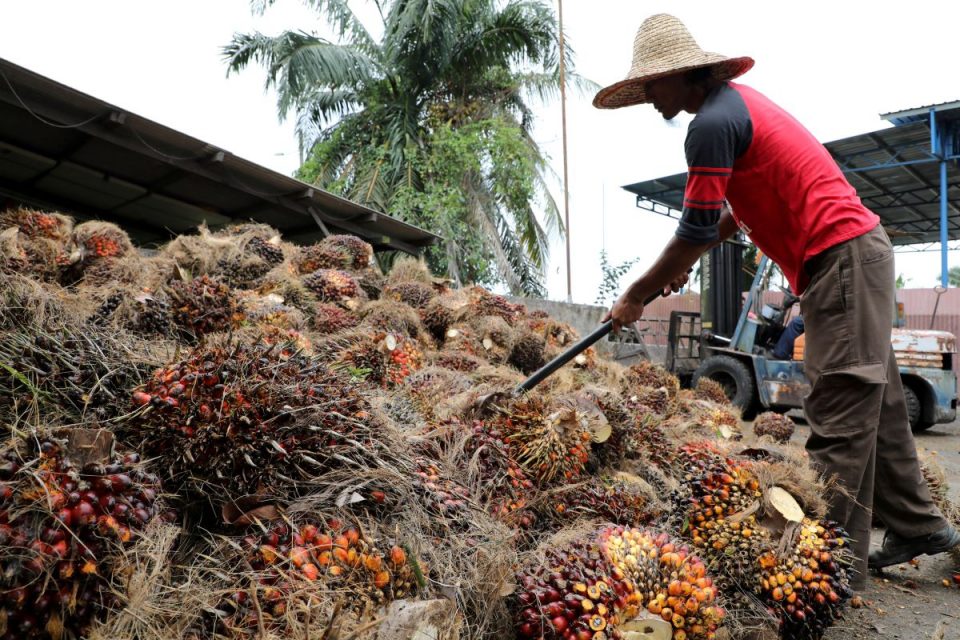KUALA LUMPUR, Jan 11 — The Plantation and Commodities Ministry is going to look into the issue of windfall profit levy raised by industry players and consult with relevant parties, said Minister Datuk Seri Johari Abdul Ghani.
The newly appointed minister said that the windfall levy of 3.0 per cent is imposed on palm oil prices above RM3,000 per tonne in Peninsular Malaysia and above 3,500 ringgit per tonne in Sabah and Sarawak, however, industry players have raised their concerns as the cost has increased to almost RM3,000 per tonne.
“The cost used to be between RM1,500 and RM1,800, now it has gone up to between RM2,800 and RM3,000, and it is even higher in certain areas,” he told reporters after delivering his keynote address at the Palm Oil Economic Review and Outlook Seminar 2024 today.
Given the current elevated cost, certain adjustments are necessary, he said, adding that the ministry will conduct a more thorough examination of the costing.
On the issue of worker shortage faced by the industry, Johari is proposing the introduction of a Technical Vocational and Education Training (TVET) programme for oil palm harvesters.
“We have 5.67 million hectares of oil palm-planted areas in Malaysia, but we do not have enough harvesters, so we can introduce a TVET programme for harvesters which can be conducted by the Malaysian Palm Oil Board (MPOB),” he said.
Combined with MPOB’s mechanised harvesting, the move should help address the labour shortage, said Johari, adding that industry stakeholders should recognise harvesters as a profession, and their pay should not be comparable to those of foreign workers.
Earlier in his keynote address, the minister said that the persistent issue of labour shortages in the palm oil sector has resulted in production losses and low yields, which have restrained palm oil production from reaching its full potential in 2022 and 2023.
“For instance, the freeze on the hiring of foreign workers resulted in a shortage of 55,000 workers in the palm oil sector in December 2022.
“Despite some initial obstacles, the labour situation gradually improved with the reopening of Malaysian borders, resulting in a slight increase in crude palm oil production in the latter part of 2023.”
Johari added that the government is committed to ensuring the efficient management of foreign workers, which will address the critical labour situation in the plantation sector.
Themed ‘Meeting Global Needs with Sustainable Palm Oil’, the Palm Oil Economic Review and Outlook Seminar 2024 attracted 400 local and international participants.
— Bernama





